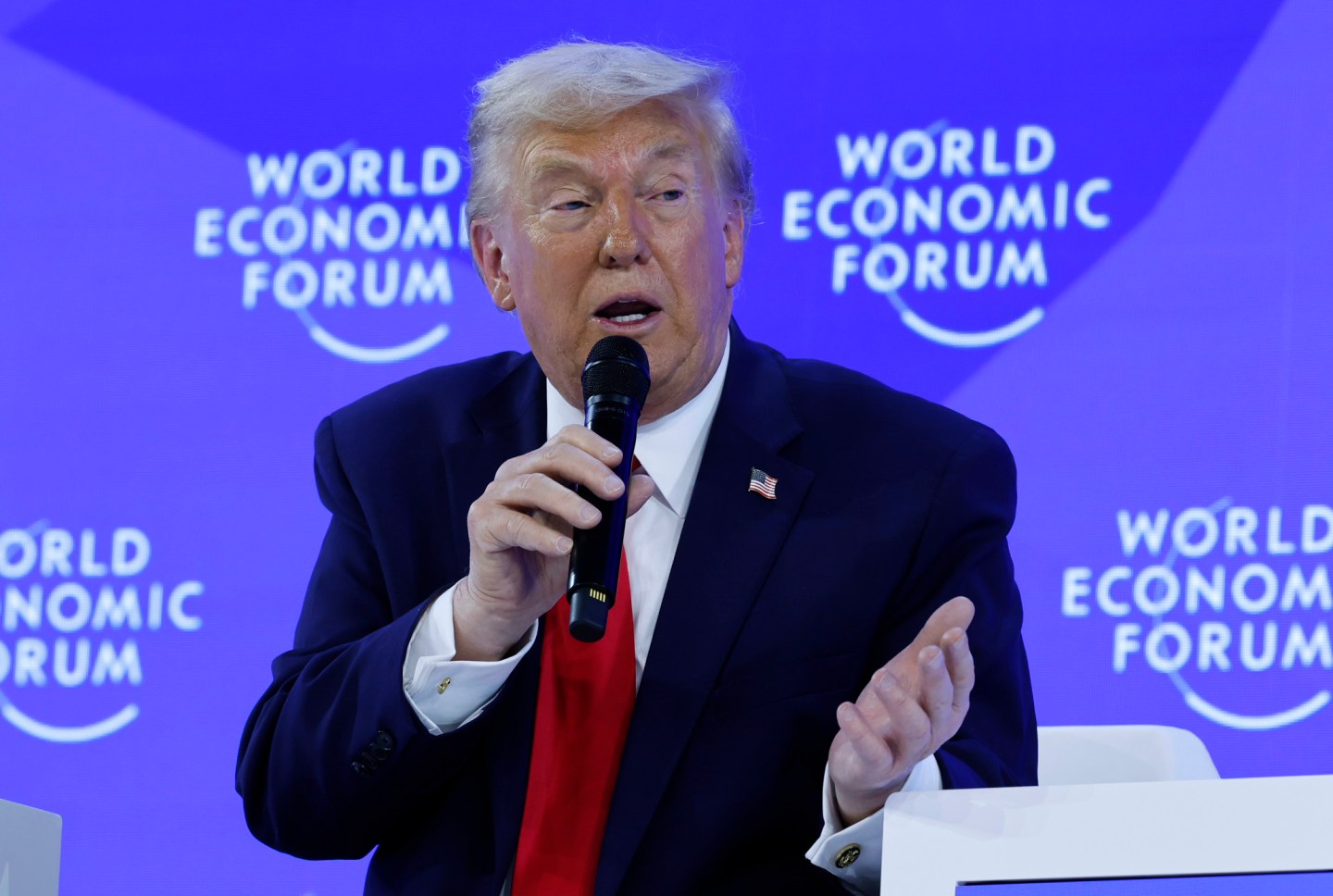More than 90% of children around the world breathe polluted air that can harm their health and development, according to a new report by the World Health Organization.
Air pollution—whether it’s from cooking and heating fuels, urban transportation, or industrial output—can affect a child’s neurodevelopment, hurting their cognitive ability. It can also lead to asthma, childhood cancer, and a greater risk for chronic diseases later in life, says the WHO report. In 2016, an estimated 600,000 children died as a result of air pollution.
“Polluted air is poisoning millions of children and ruining their lives,” Dr. Tedros Adhanom Ghebreyesus, WHO Director-General, said in a statement. “This is inexcusable. Every child should be able to breathe clean air so they can grow and fulfill their full potential.”
Globally, 93% of children under 15 years of age—1.8 billion children—are exposed to levels of PM2.5 (ambient fine particulate matter) above WHO guidelines, according to the report.
The numbers are worse in lower-income countries. According to WHO, 98% of all children under 5 in low- and middle-income countries are exposed to higher levels of PM2.5 than recommended, compared to 52% of children under 5 in high-income countries.
Children are more at risk from air pollution than adults due to the fact they breathe more rapidly, therefore absorbing more pollutants at a time when their bodies are still developing, WHO states. Additionally, some pollutants reach peak concentrations lower to the ground, where children are breathing.
“Air Pollution is stunting our children’s brains, affecting their health in more ways than we suspected. But there are many straight-forward ways to reduce emissions of dangerous pollutants,” Dr. Maria Neira, a director at WHO, said in a statement.
This includes using clean cooking and heating fuels and technologies. WHO also supports the reduced use of fossil fuels and better municipal waste management. These and other methods of preventing air pollution will be discussed at WHO’s first Global Conference on Air Pollution and Health, which will be held at the WHO headquarters in Geneva from Oct. 30 to Nov. 1.











